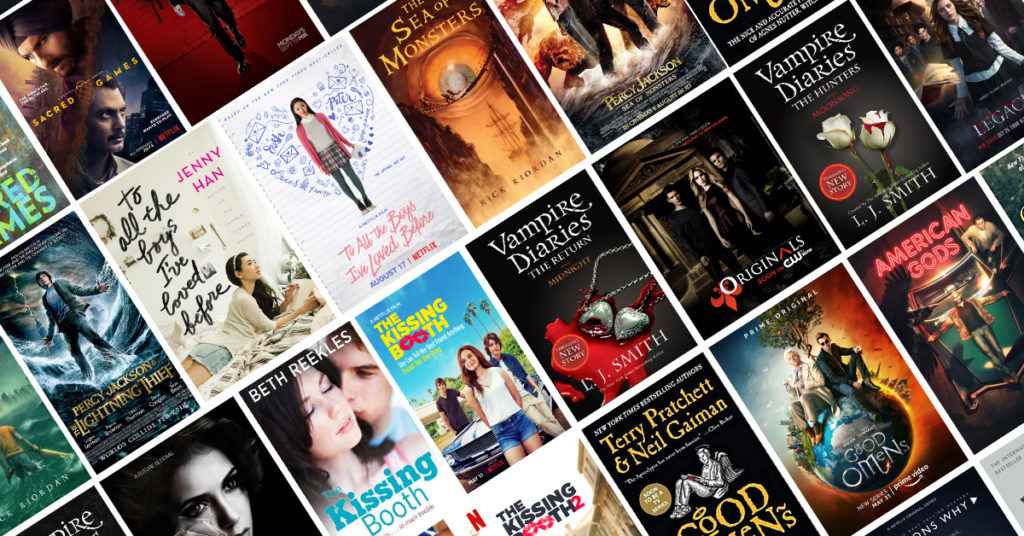However, not all adaptations achieve the same level of success. Some films fail to resonate with audiences or critics, leading to disappointment for fans of the source material. For instance, the 2004 adaptation of “The Da Vinci Code” by Dan Brown faced mixed reviews, with many feeling that it lacked the depth and intricacy of the novel. Such outcomes highlight the importance of careful consideration when selecting which stories to adapt, as not every book translates effectively to the screen. The success of an adaptation often hinges on the collaborative efforts of screenwriters, directors, and actors to reinterpret the narrative while remaining true to its core themes.
In recent years, there has been a growing trend toward adapting works by diverse authors, reflecting a broader cultural shift towards representation in media. Films like “Crazy Rich Asians,” based on Kevin Kwan’s novel, and “The Hate U Give,” adapted from Angie Thomas’s powerful YA novel, showcase stories that resonate with underrepresented communities. These adaptations not only highlight the importance of diverse voices in literature but also offer a platform for filmmakers to explore social issues, cultural identities, and complex characters.
Furthermore, the rise of streaming platforms has transformed the landscape of adaptations, providing new opportunities for storytelling. Series like “The Handmaid’s Tale,” based on Margaret Atwood’s dystopian novel, and “Bridgerton,” inspired by Julia Quinn’s romance novels, have captivated audiences with their engaging narratives and rich character development. Streaming platforms allow for more expansive storytelling, enabling filmmakers to delve deeper into the source material and explore themes in greater depth than traditional films often permit.
In conclusion, the journey from page to screen is a dynamic and multifaceted process that celebrates the art of storytelling in all its forms. While adapting literature into film presents unique challenges, it also offers the chance to reinterpret and reimagine beloved narratives for new audiences. Whether through classic adaptations or contemporary reinterpretations, the relationship between books and films continues to thrive, reminding us of the timeless power of storytelling to inspire, entertain, and connect us all. As we look ahead, the evolution of adaptations promises to bring even more exciting interpretations of literature to the silver screen, enriching our cultural landscape for generations to come.


